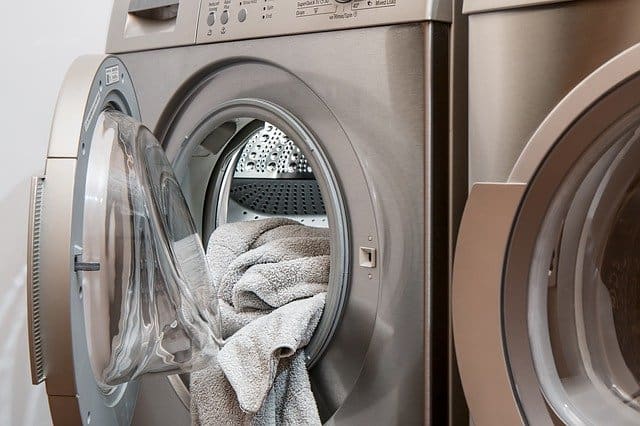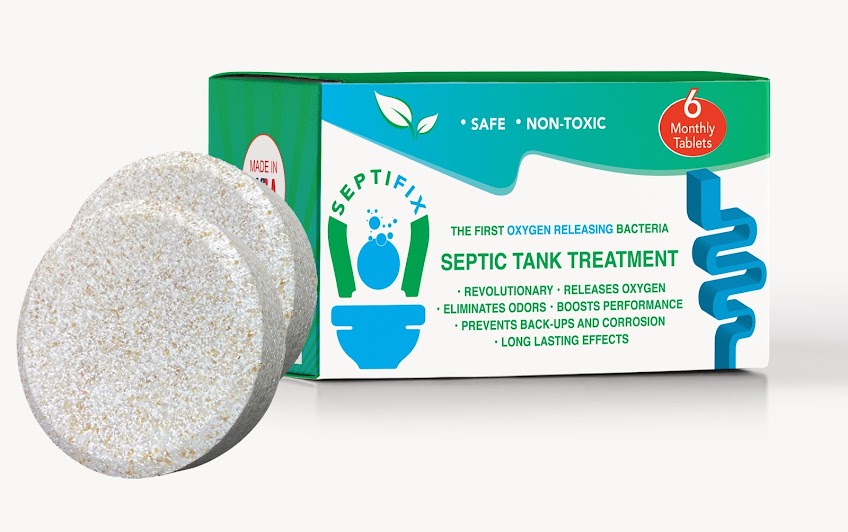Best Time of Year to Pump Septic Tank
If you have a septic tank, you probably would know that pumping it essential for its smooth functioning. You must have the septic tank pumped on a regular basis; there are no two ways about it. But picking the right time for cleaning your septic time is also very important.
So, what is the best time of the year to pump a septic tank? Spring is the best time to pump your septic tank. A septic tank which is close to its full capacity should be thoroughly pumped during spring. This will help avoid flooding due to heavy rain showers common in the spring season.
Call Septic Service Pros 1.855-925-0760 For Service or Request a Quote
What is the Best Time of the Year to Pump a Septic Tank?
The best times to pump your septic tank are spring and summer. Cleaning the tank in warmer months helps avoid flooding, which can happen in the event of heavy rains. Also, pumping the tank during spring and summer helps it prepare for high usage. Another advantage of pumping in spring is that bacteria, which are essential for breaking down the waste in the septic tank, will have enough time to get replenished before winter kicks in.
During the spring, the underground water table level is at its peak, partly because of the rains and partly because of melting snow. The seasonal water table is higher some years than others, depending on the amount of rain and how much the snow melts. Another thing that impacts the amount of water that gets into the leach bed is frost.
Thanks to the warm water that enters the leach bed via the septic tank, the leach bed is likely to have more heat in it compared to the surrounding soil. As a result, the tank’s leach bed will likely have lower amount of frost over it. Consequently, it will thaw more speedily compared to the soil around it. This, in turn, will create drain-in-the-bath-tub-effect, and because of it, the tank’s leach bed will saturate to a greater degree than the surrounding soil.
Due to this natural phenomenon, which plays out every year during springtime, it is advisable that you pump the septic tank out during this time. That is because generally it takes at least 7-10 days to refill the tank to its operational capacity. That means you will not have to put effluents into the tank during this period, which allows you to give your septic system a short reprieve period. That can be particularly helpful to leach beds that are a bit older, as they may stop functioning properly because of the ground soil not taking any effluent. When this happens, the untreated effluent is pushed back on the surface, triggering a failure.
Just as there is a good time to pump out a septic tank, there is a bad time to clean it. The winter season is by far the worst time to pump a septic tank. Because the ground is usually hard and frozen during the winter months, accessing the tank is a problem. And if it is snowing heavily, the technician may have a hard time just locating the septic tank. All the same, if your septic tank is near capacity, you should pump it without delay, even during the winter.
Call Septic Service Pros 1.855-925-0760 For Service or Request a Quote
How often you should pump out your septic tank?
Generally speaking, you should pump the tank every three to five years. That said how frequently a septic tank should be cleaned depends on several things. These include the following:
- The size of the septic tank (The smaller the tank, the more frequently it may require cleaning)
- The number of people living in the house (The more the number of people living in the house, the more frequently the tank may need pumping)
- The amount of wastewater and waste produced each week (If you produce a lot of wastewater, you may have to pump the septic tank more frequently)
- The amount of chemicals that pass into the drains (Chemicals kill the bacteria and other organisms essential for the smooth functioning of a septic tank. Therefore, avoid rinsing chemicals and soaps down the drains. Otherwise, you may have to pump your tank more often)
You should use a reliable professional service for pumping your septic tank. The cost of cleaning a septic tank depends on its size, location, and ease of access, but generally it does not cost more than a few hundred dollars. Also, it does not take much time to clean a septic tank. On average, it takes about 20-35 mins to pump a 1000 gallon septic tank. Because pumping a septic tank is neither costly nor time-consuming, there is no excuse for not having it cleaned on a regular basis.
What are the telltale signs that it is time to pump your septic tank?
Here are the tell tale signs that your septic tank is full.
- Bad smells: Your septic tank should not smell. If the septic tank is giving off an unpleasant odor, it means it requires pumping. Find the Best Products to remove septic tank odors here.
- Slow drains: Drains should flow quickly and clearly. If you have slow drains and there is nothing wrong with the plumbing, you can safely conclude that your septic tank is almost full.
- Pooling water: If you see standing water near the base of the tank, it could mean that the tank is almost full.
- Trouble flushing: If you are having trouble flushing the toilet, it could mean the tank is not able to take in the water when you flush because it is full. Get in touch with your local septic cleaning service without delay.
- Sewage back up: This is a clear sign that your septic tank is full and requires pumping immediately. If the sewer water is backing up, get the septic tank inspected without delay.











